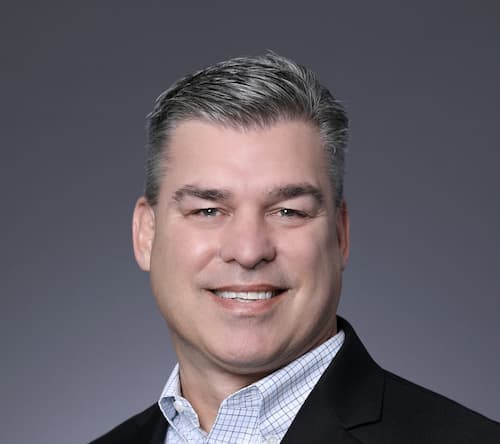Primary care is the only discipline of medicine where greater supply leads to improved population health, longer lives, and greater equity. Yet primary care only accounts for 5%-7% of total health care spending in the United States, raising the question: Why isn’t primary care a top priority for the U.S. healthcare system?
As a primary care physician practicing for 26 years and the Chief Clinical Partner at agilon health – a company that is accelerating how physician groups transition to a value-based care model for senior patients – I know that investing in primary care is key to transforming our broken healthcare system. We cannot afford to delay this any longer.
According to the Association of American Medical Colleges, by 2034, the United States could witness a shortage of between 17,800 and 48,000 primary care physicians. As more primary care physicians experience burnout from running from patient to patient, dealing with administrative and bureaucratic burdens, and also a lack of financial incentives to keep their doors open, it’s clear that primary care in America is ripe for disruption from the status quo under the fee-for-service model.
As our population ages, with more than 10,000 seniors turning 65 every day, we need focus on both retaining existing primary care physicians in their current roles and attracting new, and even former physicians to senior primary care. But to do so, we must provide physicians with a sustainable model of care that allows them to move off the fee-for-service treadmill and achieve both fulfillment and success.
Rewarding Total Health, Improving the Physician Experience, and Delivering Better Patient Outcomes
I’ve witnessed firsthand how a value-based model of care can enable and empower primary care physicians to be the doctors they trained to be, build a thriving practice, and deliver quality, comprehensive care to those who need it most. And perhaps the greatest benefit of all is that when physicians are set up for success in a value-based model of care, they transform the community they serve.
Since partnering with agilon health and embracing our Total Care Model, my practice, Premier Family Physicians in Austin, Texas, has been able to impact the lives of our patients in the most meaningful way. For example, I have a diabetic patient with heart disease and kidney disease who was declining and no longer able to make it into my office to see me.
Under agilon’s Total Care Model, we have been able to develop a home visit program for our patients who cannot come into our office and need care brought directly to them in the comfort of their home. We now see this patient regularly, are able to provide for her medical needs, and have stabilized her condition – resulting in improved health outcomes for the patient and significantly less caregiver stress for her family members.
agilon health’s full-risk value-based care model is currently rewarding more than 2,200 primary care physicians like me – 1% of PCPs nationally – for the value of care they deliver, not volume of patients seen. Physicians are provided with a sustainable practice framework, tools and technology, and the data needed to guide and coordinate overall care for each of their senior patients across both their own diverse care team and the entire healthcare ecosystem in their community.
The result? Physicians can devote more time to their most vulnerable patients and deliver better outcomes for each of their patients, all while creating an enhanced and simplified patient experience that is leading to a more sustainable future. Under agilon’s model, patients have seen a reduction in emergency room visits, the amount of time spent in the hospital, and readmission rates – with the most complex patients seeing a dramatic increase in touchpoints with their primary care physician and care team – increasing 12% just over the last year.
By giving physicians a more comprehensive view of their patients’ health, they are able to focus on the entire health of their patients and deliver the patient-centered care they were trained to provide. Additionally, the holistic, data-driven approach to care under agilon’s Total Care Model is putting physicians in a stronger position to advise and treat patients, which is helping patients to better manage costs and live healthier lives.
But don’t just take it from me. The Centers for Medicare & Medicaid Services’ Innovation Center understands that the move to value-based care is the number one solution to help manage waste, drive lower healthcare costs, and improve health outcomes for patients – setting a goal to transition all Medicare beneficiaries to a total care model by 2030.
As 30 million senior patients potentially move to value-based care by 2030, America must be ready to invest in this new model of primary care and support primary care physicians and their senior patients in our nation’s journey to a healthier future for all.
Learn more about agilon health and our Total Care Model here: https://www.agilonhealth.com
Contact for media inquiries
[email protected]Up Next.

Blog Nov 11, 2022
What is the Future of Value-Based Care?
Value-based care combined with the benefits and influence of PCPs is a winning solution for US health care. Learn more about the future of value-based care.





